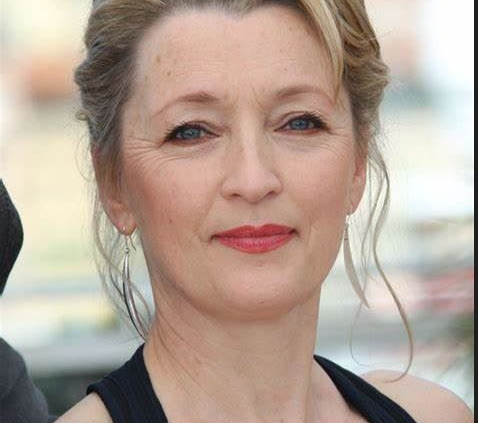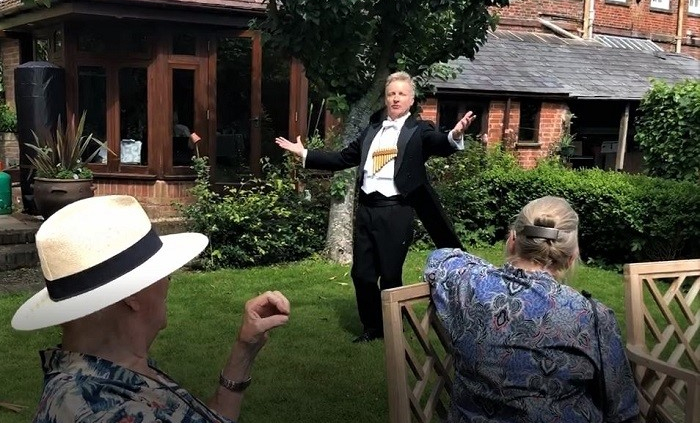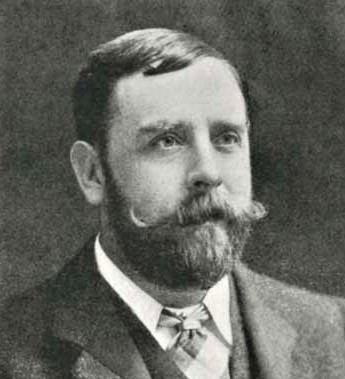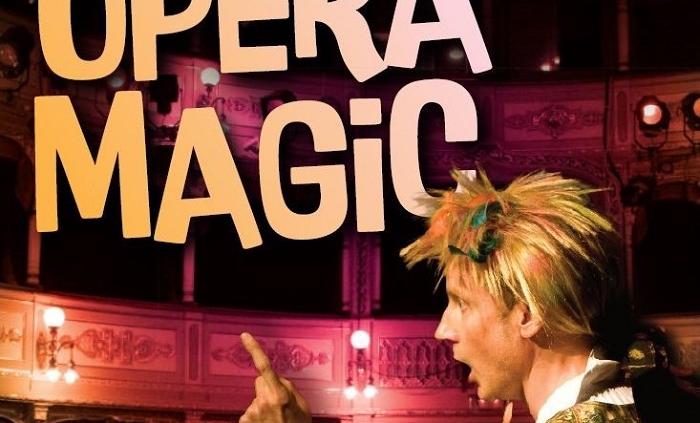The Actress Lesley Manville created a really special Desert Island Discs including opera. She revealed that as a girl classical singing was an important part of her life and that she could have perhaps chosen an operatic career. Had she done so, we would have been deprived of one of the country’s most accomplished performers. She played W S Gilbert’s life very touchingly in Mike Leigh film ‘Topsy Turvey’. Her Desert Island Discs is well worth listening to and still available on the BBC BBC Radio 4 – Desert Island Discs, Lesley Manville, actor
It has been a very challenging 18th months for performers or all kinds – some normality seems to be returning to our profession as we proceed with caution and start planning performances. Philip Blake-Jones (Baritone and Artistic Director of London Festival Opera) had the opportunity to sing last week at a charity event in an delightful garden in the Cathedral Close of Salisbury.
The surprise ‘burst of opera’ included Papageno’s Aria from Mozart’s ‘The Magic Flute’. The sunny day, trees and colourful flower beds provided the perfect enchanting setting!
Here’s to the future and the return of live performances of all kinds!
Frank Matcham (1854 – 1920) must be the most distinguished and prolific late 19th century theatre designer. The writer Alan Bennett has commented that there was a Matcham theatre (too many of his theatres have sadly been demolished) in every corner of the UK. Across the country in Brighton, Portsmouth, Morecambe, Leeds, Nottingham and Newport and in London his theatres include the Coliseum, Palladium and Hackney Empire, to name but a few. London Festival Opera has had the pleasure and thrill to perform in several of Matcham’s most magnificent theatres including the Buxton Opera House and Grand Theatre Blackpool.
Matcham married the daughter of his tutor, Maria Robinson, and had two daughters Eveline and Constance. He had a great interest in music and owned a Stradivarius violin though he humbly admitted that he ‘wasn’t particularly good at it’. He also loved to stage amateur dramatics and the ‘family troupe’ would present theatrical performances for their neighbours and friends in the intimacy of his home – somewhat ironically as he had designed some of the world’s greatest large scale theatres!
There is something very special about performing in a period theatre and we usually perform in period costume. For a Frank Matcham theatre this would be Victorian or Edwardian evening dress. For the audience the effect is like going back in time both aurally, in the repertoire of Handel, Mozart, Rossini, Verdi and Puccini, and visually with our set and costumes.
It is always a thrill to arrive in a Victorian venue where the back-stage and dressing rooms maybe a little shabby but make up for that by having such atmosphere and there is a sense that many, many starts and celebrities will have appeared in the theatre – from Lilly Langtry to Ken Dodd! Modern theatres are lovely and comfortable, but there is something very special about arriving, rehearsing, changing and performing in a period theatre – especially when they are designed by the great Frank Matcham. For more details see the excellent website for the Frank Matcham Society www.frankmatchamsociety.org.uk
At London Festival Opera we are passionate about bringing opera to as wide an audience as possible, and especially about the importance of exposing children to music of a high calibre from an early age. Some years ago, therefore, we created a series of programmes entitled ‘Opera Magic’ to introduce opera to school-age children and young people which were premiered at the Windsor Theatre Royal as part of the Windsor Festival. ‘Opera Magic’ has introduced many hundreds of children to the magic of live opera since then and we remain as passionate as ever about the importance of doing so.
We covered in our earlier blog, ‘The Importance of Being Musical!’, how important we believe it is to include music in children’s education; it is not only known to increase brain capacity, but it also teaches children many vital lessons for life – not least that practice and perseverance result in improvement and, eventually, the joy of achieving a goal. In this digital age where results are expected to be immediate this can only enhance and enrich children’s learning at this formative stage. Moreover, including music of all styles in an enrichment programme is tantamount to making a lifetime investment in connecting children to an emotional outlet, which could prove to be life changing as they develop.
Opera is arguably the greatest of all art-forms combining great music, drama, fantastical plots, wonderful costumes and scenery, a live theatre experience, plus the thrill of hearing the human voice in its most refined form. It provides a sensory feast for children and young people who, no matter what most stimulates their individual interest, will undoubtedly find something in the performance which thrills and ignites them. A first visit to the opera can be intimidating and it’s crucial that the experience is a positive one – if it is, they will be hooked for life!
‘Opera Magic’ presents real, full-blooded opera, but with lashings of humour and audience interaction. The pupils will be prepared in advance as their teachers will be supplied with information packs so that before they attend the performance, they already know elements such as the voice categories and the etiquette of shouting “Bravo!” if they particularly like a piece. They will also be prepared to take part in the ‘grand finale’ where the opera singers on stage, the pupils and teachers in the audience will all join forces in singing a rousing celebrated opera chorus together.
The singers will interact with their audience, going amongst them and making them feel part of a shared experience. Some pupils will be invited on stage to take part in the performance, featuring some of the world’s greatest music including the works of Mozart, Rossini, Verdi, Bizet, Puccini and Gilbert and Sullivan.
Our production has a technically straightforward set and rehearsal takes place on the same day as the performance. Depending on the size of theatre or auditorium, accompaniment would range from a pre-recorded backing track, solo piano or a select chamber ensemble.
If you would like to talk about us bringing ‘Opera Magic’ to your school please contact: Philip Blake-Jones (Artistic Director) philip@londonfestivalopera.co.uk 07802 183847
londonfestivalopera.co.uk
